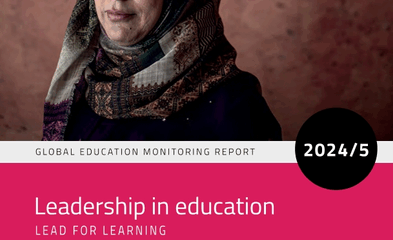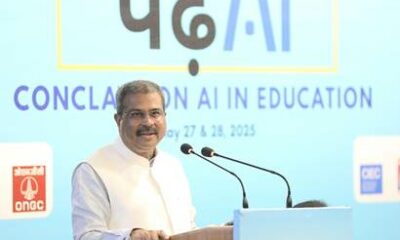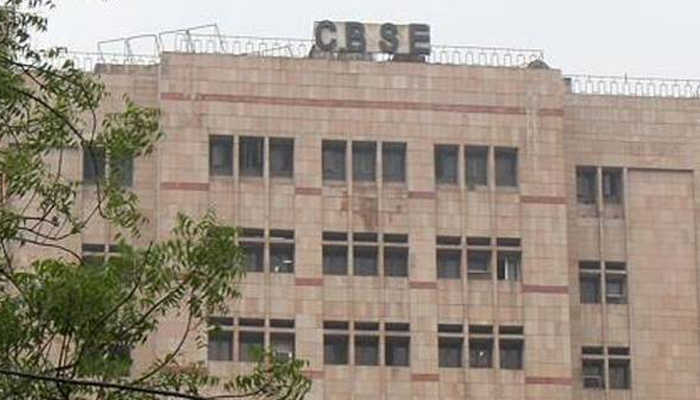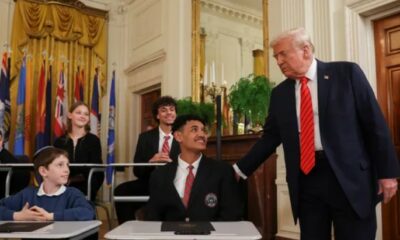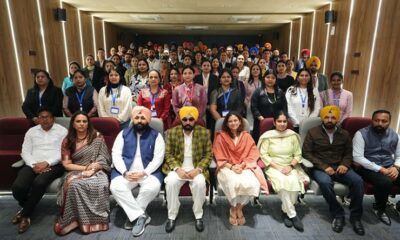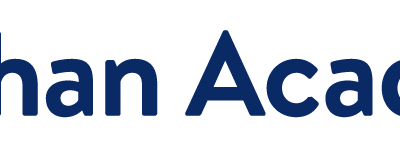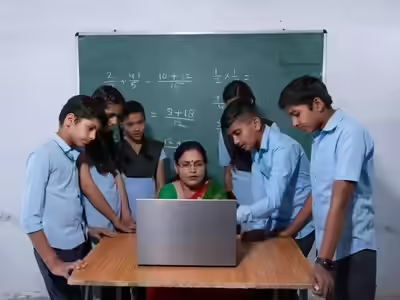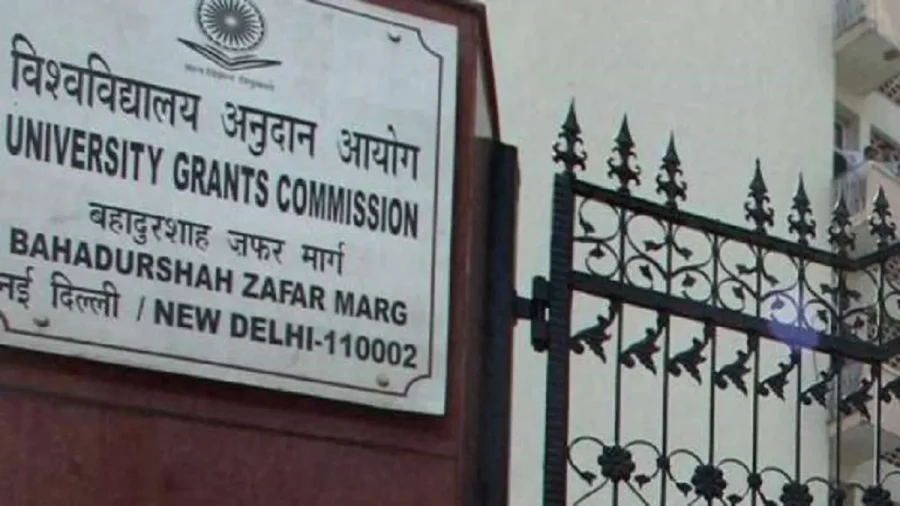With a great deal of sadness and shame, one has to agree with the Nobel Laureate economist Dr Amarthya Sen’s observations shared at London School of Economics, that “India is the only country in the world which is trying to be the global economic power with an uneducated and unhealthy labour force." This is not just idle talk but a reality that is facing us all. Of the 280 million children in the world who are not going to school, 80 million children come from India alone. And the tragic trajectory of only 35% attendance in government schools, especially in the rural areas, and more than 61% drop-out by the time the students reach secondary school is further perpetuated because we have such ill-trained and demotivated teachers right across the country.
As a contrast, India could actually be in a position to boast of one of the largest education systems in the world. There are nearly 5.98 lakh primary schools, 76 lakh elementary schools and 98,000 higher secondary schools in the country. We have about 1300 teacher training institutes for elementary teachers and nearly 700 colleges of education preparing teachers for secondary and higher secondary schools. Out of about 4.52 million teachers in the country, nearly 3 million are teaching at the elementary level. This huge machinery is something to boast about but unfortunately, in this number game, what is severely lacking is the quality of teaching and learning.
In rural India, almost half of grade V students cannot read a grade II text and more than 70% of them cannot carry out the simple division. A common feature across the Indian education system is a shortage of qualified teachers. With nearly one in six elementary school teachers not professionally trained, India must improve its spending on teacher training. It is sad that just 2% of the 2018-19 budget allocated for Samagra Shiksha Abhiyan (‘holistic education program’) was spent on teachers’ training institutes.
Right to Education Act of 2009 (Section 23) had mandated that all government school-teachers should possess minimum qualifications laid down by the National Council of Teacher Education. Under guidelines released in November 2010, those not qualified were given time until March 31, 2015, to complete their training. Yet, in 2015-16, of 6.6 million teachers employed at the elementary level, 1.1 million were untrained. Of these, 5,12,000 were in government and aided schools and 5,98,000 in private schools. At the secondary school level, of 2 million teachers, around 14% were not professionally qualified, according to the education ministry.
Poor employability is a direct outcome of poor education. With 70% of India’s workforce residing in rural areas, it is rural India that will form the majority of tomorrow’s workforce. NITI Aayog estimates that half of the total Indian population is expected to be in rural India by 2050. Right now a major cause for rural to urban migration is the search for better employment opportunities in cities. The net migration from rural to urban areas is about 20 lakh per annum, of which 10 lakh are expected to be job-seekers as per MSS Research. During this current pandemic we saw for the first time, a reverse migration happens when the labourers lost their jobs because of the lockdown and slowing of the economy. They were evicted from their houses because of non-payment of rents, and could not manage three square meals a day. If the education in the rural areas were up to the mark and the rural youth were employable both in the villages and cities then this social churn would not have happened. It is a foregone conclusion that the poor quality of education in rural schools will surely affect the employability of rural youth. And this is the outcome of the poor training given to teachers in the remote rural areas.
Large proportions of untrained teachers, both at the elementary and the secondary level, exist in the remote areas of West Bengal, Bihar, Jharkhand, Uttar Pradesh and Chhattisgarh. The story is not too different in the remote areas of other states as well. The reasons for this is simple, there has been very little systematic planning to ensure that teaching as a profession is valued and respected and therefore attracts the best talent. The reality is that teaching has not been the first choice of career for most teachers for a few decades now. It is viewed as a stopgap arrangement and a convenient career choice for women. The magical ingredient of passion is sorely lacking amongst most teachers. In remote parts of the country, it is even more difficult to reach out to teachers both for pre-service and in-service training. The share of teachers’ education budget in school budget has consistently declined from 1.3% in 2009-10 to 1.1% in 2018-19 showing that teachers’ training has been accorded low priority.
I am of the opinion that the training of teachers of rural schools in remote parts of the country has to be designed differently. The curriculum has to be a lot more hands-on, experiential and relevant to the children there. Since most of the teachers themselves come from the same background, they would find it easier and more meaningful to teach children what can be easily applicable in that background. Most of the training for teachers is very theoretical and therefore does not highlight the real problems in the field. While some effort is being made to enhance knowledge of teachers through subject training, nothing is being done to ignite passion and pride in the teaching profession. More emphasis needs to be put upon practice teaching so that the individuals are able to generate more confidence in themselves and work to their best abilities to improve their teaching skills.
A few studies have been done on the condition of teacher education in the country but woefully not enough that addresses the conditions in rural India. The identified problems are the obvious ones, like the short duration of the training program as compared to other countries and therefore the lack of depth and gravitas of such training. The problem begins right from the time the student-teachers are selected for the program. The individuals overwhelmed by poverty, insecurity and vulnerability usually experience problems inadequately depicting their skills, even when they are educated and possess the needed information (Mallica, 2005). It is unfortunate that teacher education institutions have not paid much attention to the promotion of creativity (Sharma, 2018). It is for this reason that the practice of rote learning continues in most Indian schools and definitely in the ones in remote India. It is obvious that the teaching profession is not valued and therefore does not attract much investment either from the government, the school management and the teachers themselves. This leads to a lack of professionalism in the teaching profession
The National Council of Teacher Education (NCTE) has become a mere regulatory body. The main job duty that it performs is to control the administrative functioning of the institutions and prevent them from turning into commercial institutions. Where this department has failed is to incorporate innovative contemporary practices in education into the curriculum and establishing quality controls to ensure that the pedagogy is of high standards. It is for this reason that the quality of teaching has not been given any importance and is actually in the decline.
In the midst of this great turmoil, there is a glimmer of hope coming through with the new National Education Policy 2020 that has recommended a slew of changes to the country’s education system. As per the new policy, by 2030, the minimum degree required for teaching will be a four-year integrated BEd. Apart from this, the Teacher Eligibility Test (TET) will also be changed as per the new school system.
National Testing Agency (NTA) test scores in the corresponding subjects will also be taken into account for recruitment. The NTA will hold exams for all subjects and a common aptitude test.
Those who qualify TET will have to give a demonstration or appear in an interview, and show their knowledge of the local language, as per the new policy. As per the NEP – “Interview will become an integral part of teacher hiring." These interviews would also assess comfort and proficiency in teaching in the local language. It would be a must for teachers in private schools as well to qualify TET. While this seems a good idea, it is, however, unclear how they propose to interview teachers in remote areas.
Under the National Education Policy, a new National Curriculum, Framework for Teacher Education (NCFTE), will be formulated in the country. The new policy acknowledges that no reform will work unless the teacher is brought onto the centre-stage. Critics have raised issues about the policies opaque treatment of “contract teachers or para teachers” which is one of the critical reasons for the poor quality of teaching in the remote parts of the country. The policy is not clear about the working conditions and salaries of these ‘local’ teachers, nor is there any clarity about who will hire them. The number of contract teachers in India’s education system has steadily grown from 3,16,091 at the elementary level in 2010-11 to 6,32,316 by 2017-18 at the elementary and secondary levels. While the draft NEP of 2019 made an unequivocal statement about discontinuing the practice of contract teachers, NEP 2020 does not do so. It is well known that this system can be dysfunctional and even unfair because two sets of teachers are expected to do the same work under two entirely different service conditions.
Teacher vacancies have also been a huge problem in India. The year 2018-19 saw 11.7% vacancies against the sanctioned posts of teachers. States like Bihar, Chhattisgarh, Jharkhand and Uttar Pradesh had more than 30% of the posts sanctioned in the Samagra Shiksha vacant. NEP has not given any timelines about how and when these vacancies will be filled.
None of the good ideas discussed in NEP 2020 can see any reality without a clear road map to transform the way teachers both in the cities and remote places are positioned in the educational system.
In the post-COVID-19 era, more will be demanded by our teachers and we need to prepare them for it. Our teachers may have to do a lot more than just show up in the classroom. Teachers have to rediscover themselves as counsellors and healers to deal with the uncertainties that the children are facing. The question to ask is how do we, as a nation, prepare ourselves for this onerous task and do it well?

About the author: Shukla Bose is the Founder-CEO of Parikrma Humanity Foundation, a nonprofit organisation that runs English-medium schools for underprivileged children. She can be reached on Twitter at @ShuklaBose.
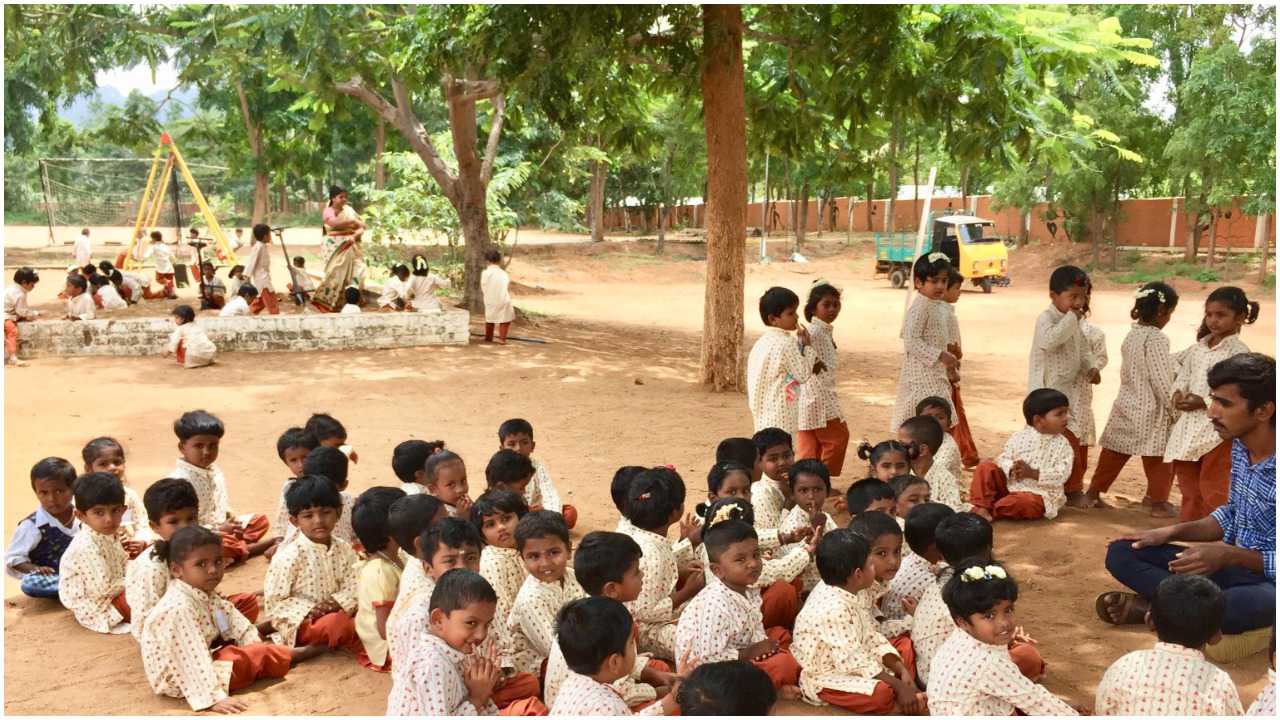


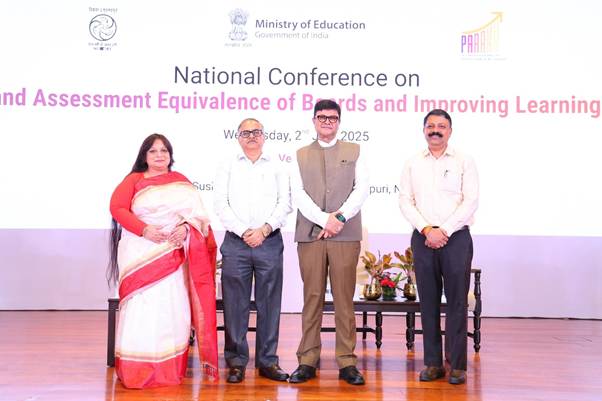
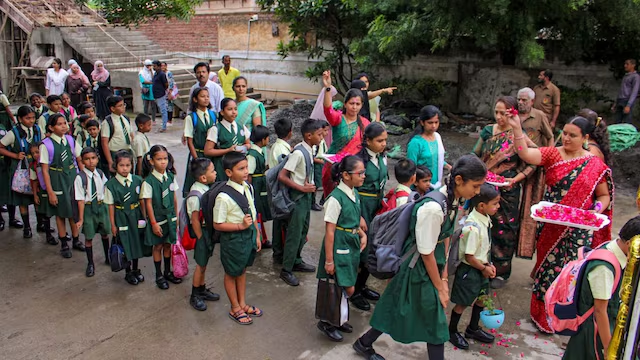
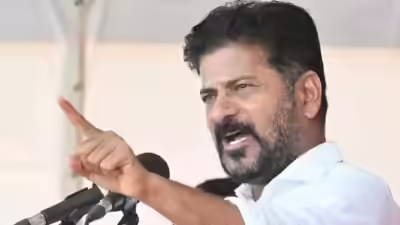
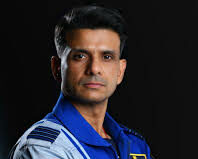
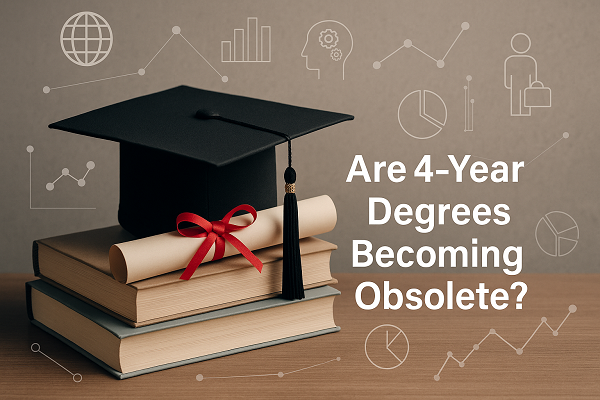
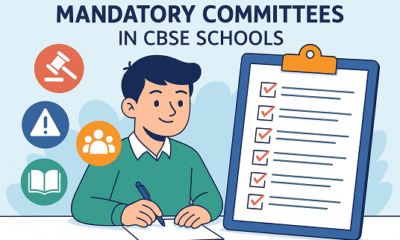
 Education3 months ago
Education3 months ago
 Education2 months ago
Education2 months ago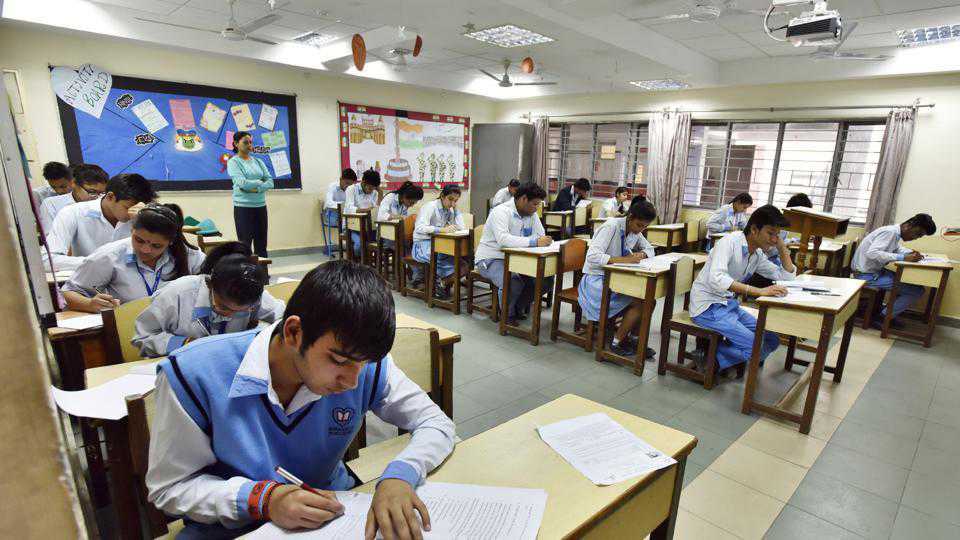
 News3 months ago
News3 months ago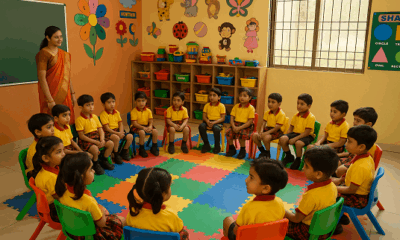
 Education2 months ago
Education2 months ago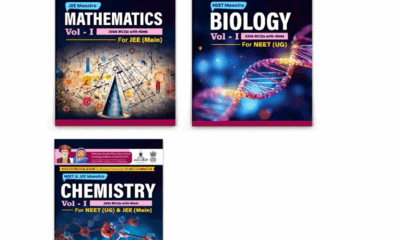
 Education3 months ago
Education3 months ago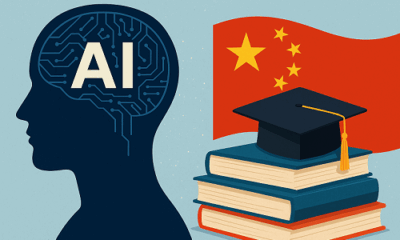
 Education3 months ago
Education3 months ago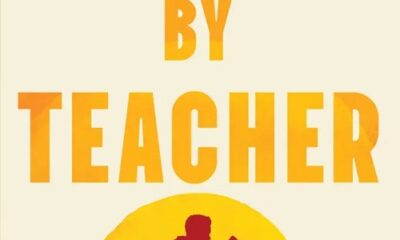
 Education2 months ago
Education2 months ago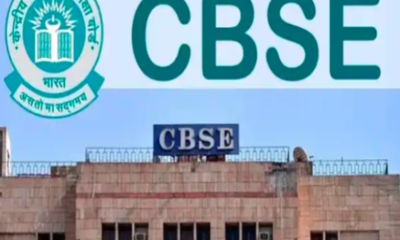
 Education3 months ago
Education3 months ago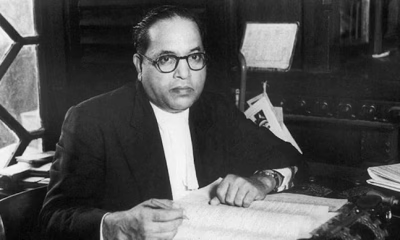
 Education3 months ago
Education3 months ago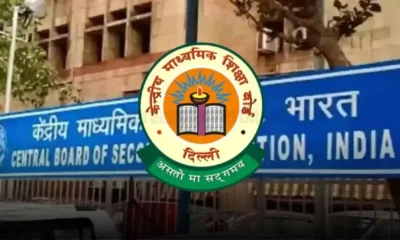
 Education3 months ago
Education3 months ago




